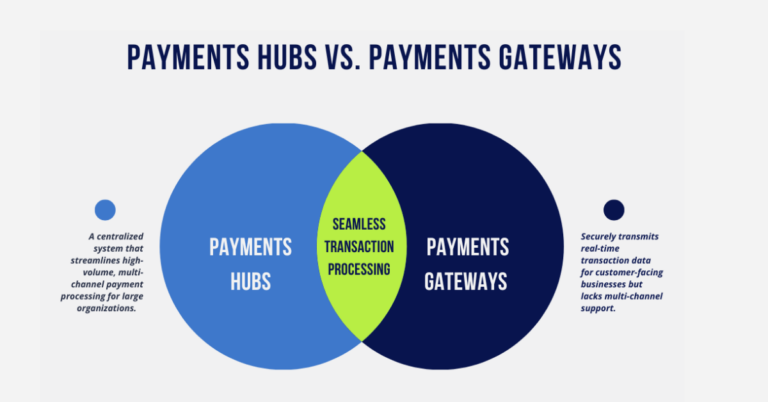Chatbots are transforming how we interact with businesses every day. Consumers can ask questions, receive suggestions, place orders, and make payments with the help of chatbots designed to streamline the customer journey. The technology also provides the benefit of analyzing past behavior to help predict future actions. This data mining allows chatbots to “learn” from historic behavior and apply this knowledge to curate more personalized experiences going forward.
Chatbots also give businesses the ability to provide on-demand customer service that doesn’t rely exclusively on physical teams of customer service representatives—something that became essential almost overnight during the global pandemic. Rather, chatbots can be deployed strategically to service customers in tandem with their human counterparts, delivering a more streamlined and coordinated customer experience than ever before.
Bill payments are just one step of the customer journey where chatbots have a big impact. Here are four ways that chatbots are revolutionizing how businesses present billing information and accept electronic payments from their customers.
- Fast answers to frequently asked billing and payments questions
What’s my account balance? When is my bill due? Can I make a payment today? A chatbot can answer all of these questions (and more) without human intervention. A chatbot accessed via an intelligent personal assistant (Amazon Alexa, Google Assistant, etc.), a messaging app (such as Facebook Messenger), or directly on a website can process these questions and return answers with the touch of a button or a simple voice command.
- Consistent interactions with customers
Chatbots use natural language processing and machine learning to constantly refine their interactions with customers. For example, a chatbot can understand a question that’s asked in a variety of ways and return a consistent response that accurately answers the inquiry. The technology is also becoming more adept at detecting frustration and transferring dissatisfied customers to human agents to help address challenging situations. This allows companies to maintain more consistency in their interactions with customers and allows them to review historic interactions to identify areas of improvement.
- Cost savings
Servicing customers is often a significant expense for businesses. Chatbots can help lessen the burden on customer-facing teams by freeing them from routine requests and allowing them to focus on more complex inquiries. A report from Juniper Research predicts that by the year 2022, chatbots will be responsible for cost savings of approximately $8 billion per year. As businesses constantly evaluate new ways to reduce costs and improve efficiency, chatbots may be a natural place to invest in streamlining operations.
- Accessibility for all businesses
Implementing a chatbot might seem like something reserved for large businesses. However, small and medium-sized businesses can also reap the benefits of chatbots without building them themselves. Select electronic bill presentment and payment (EBPP) solutions offer chatbots as part of their offering, making it easy for businesses to get up and running quickly.
The Bottom Line: Chatbots are quickly becoming table stakes for businesses of all sizes due to the benefits they provide across the customer journey. Implementing a chatbot for electronic bill payments can be as simple as working with an EBPP provider that offers a turnkey and fully integrated solution.
*This is an update on an original post published August 2019.




